Understanding Camera Lens Scratches
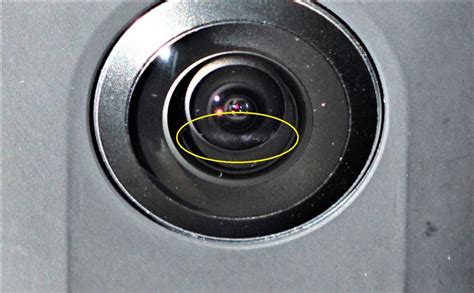
Camera lenses are the most essential part of any camera; they help in capturing amazing photos and videos, but they are also highly prone to scratches. A single small scratch on a camera lens can result in blurry and hazy photos, which can be heartbreaking for any photographer. Moreover, replacing a camera lens can be quite expensive. Therefore, it is important to understand camera lens scratches and how to fix them.
Camera lens scratches can be caused by various things, such as dust particles, rubbing against other surfaces, or even mishandling of the camera. A lens scratch is essentially a mark or gouge on the surface of the lens that can damage the thin and transparent coating of the lens. The coating of the lens helps to enhance the images captured by the camera, so any damage to the coating will impact the quality of the photos and videos.
There are different types of scratches which can occur on the camera lens and their severity can vary too. Some scratches might be hardly visible and barely impact the image quality; others may be deep and extensive visible lines. Scratches can also appear on the front or rear of the camera lens. It is crucial to examine the scratches as closely as possible and determine the severity of the scratch before deciding what course of action to take.
The severity of the scratch also determines whether it can be fixed or not. Minor scratches can usually be fixed with some simple DIY methods, while deep scratches may require professional help. Common household remedies to fix lens scratches at home include using a soft microfiber cloth, baking soda paste, toothpaste, or rubbing alcohol.
Avoid using any harsh chemical solutions or paper towels as they can further scratch the lens. Regardless of the remedy chosen, it is important to handle the camera lens with care to avoid any unnecessary damage.
When attempting to fix a scratch, patience is key; it might take some time to notice any results. In the case of deep scratches, repairing at home might detract from the quality of the lens, leading to more extensive damage. If the scratch is on the rear lens element, it is best to leave it alone as it is not visible in the final image.
In essence, scratches on camera lenses are a frustrating yet normal occurrence, so it is essential to take great care of the lens and be aware of their causes. Regularly cleaning the lens with appropriate equipment and keeping the camera in a safe location will significantly reduce the chances of scratches. Remember, if the scratch is not too deep, some household remedies might provide effective results. If not, consider seeking professional help to ensure that the lens is fixed without causing further damage to the camera.
DIY remedies for minor scratches

If you have minor scratches on your camera lens, fret not! There are some DIY remedies that you can try to fix the scratches.
A common remedy for minor scratches is using toothpaste. Yes, you read that correctly, toothpaste! Take a small amount of toothpaste and rub it into the scratched area in a circular motion with a microfiber cloth. Keep rubbing for a few minutes and then rinse it off with water. Repeat the process until the scratch is no longer visible. Toothpaste is a mild abrasive that can remove minor scratches from the surface of a camera lens.
Another remedy is using baking soda mixed with water or dish soap. Make a paste by mixing equal parts of baking soda and water or dish soap. Apply the paste to the scratched area and rub gently with a microfiber cloth in a circular motion. Rinse the lens with water and repeat the process if necessary. Baking soda is a natural abrasive that helps in removing scratches from a camera lens.
You can also use rubbing alcohol to remove minor scratches on your camera lens. Dampen a microfiber cloth with rubbing alcohol and gently rub it on the scratched area in a circular motion. Rub for a few minutes, rinse with water, and dry with a clean microfiber cloth. Rubbing alcohol can dissolve the coating on the lens and fill in the scratches.
One more DIY remedy is using a pencil eraser. Rub the eraser gently on the scratched area, making sure to keep the lens surface clean. This method can only work for minor scratches. Use a blower brush to remove any erase debris or dust.
Remember that these remedies can only work for minor scratches. If your camera lens has deep scratches or cracks, it is best to seek professional help. Trying to fix deep scratches may cause permanent damage to the lens.
It is always important to take care of your camera lens to avoid scratches and other damages. Always keep your camera lens clean by wiping it gently with a microfiber cloth. Avoid using harsh chemicals or abrasive materials as they can cause damage to the lens. It is also recommended to use a lens cap and a camera bag to protect your lens when not in use.
Camera lenses are an investment, and taking good care of them can help them last for years. Try these DIY remedies for minor scratches and keep your camera lens looking as good as new.
Professional repair options for major scratches
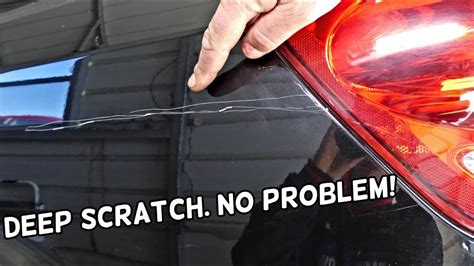
If the scratch on your camera lens is deep or extensive, it’s wise to take it to a professional. They will have the necessary tools and experience to fix the damage with minimal risk to the lens. Here are some options for professional repair:
Contents
Send it to the manufacturer
If your camera is still under warranty, the manufacturer may offer to repair or replace the lens for free. Even if the warranty has expired, you can still contact the manufacturer to see if they offer repair services for a fee. Be sure to get a quote before sending your lens to them and make sure they are reputable and trustworthy.
Camera repair shops
There are many camera repair shops that specialize in fixing camera lenses. These shops may have more experience and expertise in repairing lenses than the manufacturers themselves. You can search for local camera repair shops online, but be sure to read reviews and check their accreditation and certification before taking your lens to them. It’s also a good idea to get a quote before committing to a repair.
Optical companies
Companies that specialize in optics and lenses may also be able to repair camera lenses. These companies may offer high-quality repairs and have more specialized tools than camera repair shops. However, they may also charge higher fees. Some popular optical companies include Nikon and Canon, both of which offer lens repair services.
Online repair services
There are many online repair services that offer lens repair options. These services may be less expensive than local repair shops or manufacturers, but you’ll need to ship your lens to them, which can be risky. Be sure to research the company thoroughly before committing to their services. Online repair services may also have a longer wait time than local repair shops, so consider this when making your decision.
DIY repair kits
While DIY repair kits are available for fixing minor scratches, they may not be effective for major or deep scratches. Attempting to fix a major scratch on your own may also cause further damage to the lens. It’s best to leave major repairs to the professionals.
Overall, taking your camera lens to a professional for major scratches is the safest and most effective option. With the right care and attention, your lens can be restored to its former glory and help you capture stunning photos once again.
Prevention Tips and Maintenance for Lens Care
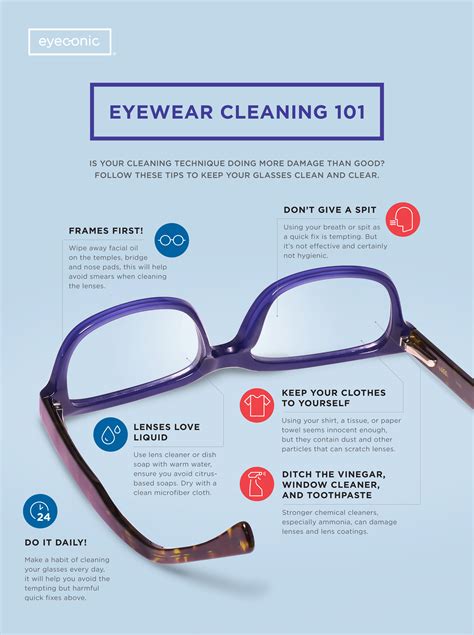
Prevention is always better than cure, and that’s very true for camera lenses as well. A scratch-free lens is crucial for getting clear and sharp photos. Therefore, it’s essential to protect your lens from scratches. Sometimes, even after taking good care of your lens, it may get scratched. But you don’t need to worry as we will discuss some easy tips to prevent scratches, and in case it’s scratched, we will also tell you how to fix a scratched camera lens.
Prevention Tips:
1. Always use the lens cap: The lens cap is the most important accessory that comes with your camera. When you are not using your camera, make sure to put the lens cap on. It will protect your lens from dust, moisture, and other harmful elements that can scratch your lens.
2. Keep your camera in a protective bag: When you are not holding your camera, keep it in a protective bag to protect it from bumps, knocks, or scratches. Choose a bag that fits your camera and provides good cushioning.
3. Clean your lens regularly: Dust and other particles can accumulate on your lens, making it more susceptible to scratches. Therefore, regular cleaning is essential to keep your lens scratch-free. Use a blower brush or microfiber cloth to clean your lens. Be gentle and do not apply too much pressure while cleaning. You can also use a cleaning solution specially designed for camera lenses.
4. Watch out for your surroundings: When you are taking photos outdoors, keep an eye on your surroundings. Avoid placing your camera on rough or hard surfaces and be careful when changing lenses. A small grain of sand or dust on your lens can scratch it.
5. Use a UV filter: A UV filter can protect your lens from scratches and UV rays. It’s a cheap and easy way to prevent your lens from getting scratched or damaged.
Maintenance for Lens Care:
Now that we have discussed some tips to prevent scratches, let’s talk about maintenance tips to keep your lens in good condition:
1. Store your lens in a dry place: Moisture can damage your lens and cause mold buildup. Therefore, it’s important to store your lens in a dry and cool place. Avoid exposing it to extreme temperatures, direct sunlight, or humidity.
2. Avoid using harsh chemicals: When you are cleaning your lens, avoid using harsh chemicals like ammonia-based cleaners, detergents, or alcohol. These can damage the lens coating and make it more susceptible to scratches.
3. Handle your lens with care: Always handle your lens with care, whether you are cleaning it or attaching it to your camera. Be gentle and avoid applying too much pressure or force.
4. Get it serviced regularly: Just like other electronic devices, your camera also needs regular maintenance and servicing. Take your camera to a professional photographer or camera repair shop for cleaning and servicing. They will remove any dirt, dust, and other particles that may have accumulated on your lens, and check for any scratches or damage.
In conclusion, taking good care of your camera lens is essential to ensure that you get clear and sharp photos. By following these simple prevention tips and maintenance tips, you can protect your lens from scratches and other damages. If your lens still gets scratched, don’t worry as it’s fixable. You can use any of the methods discussed above to fix it.
When to Replace a Camera Lens Instead of Repairing it
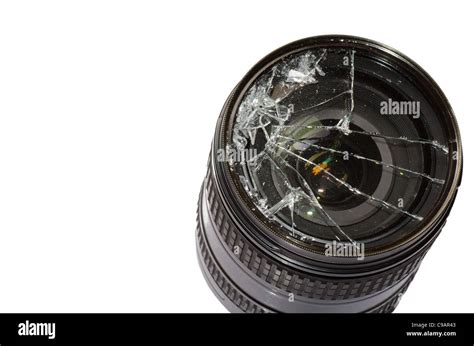
Camera lenses are durable and designed to withstand wear and tear. But, they can still get damaged after continuous use. While it’s possible to repair some minor scratches, there are instances where it’s better to replace your camera lens. Here are five situations when it’s best to replace rather than repair your camera lens.
1. Severe Damage
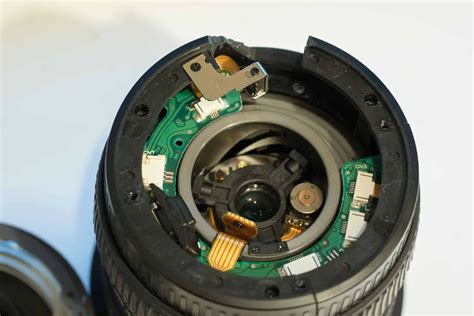
If your camera lens has severe damage, it’s best to replace it. If it’s physically broken, has cracks or dents, repairing it won’t help you get high-quality pictures. The damage may also affect the internal parts of the lens, which can be difficult or impossible to fix. In such scenarios, replacing the camera lens is the only option.
2. Cost of Repair
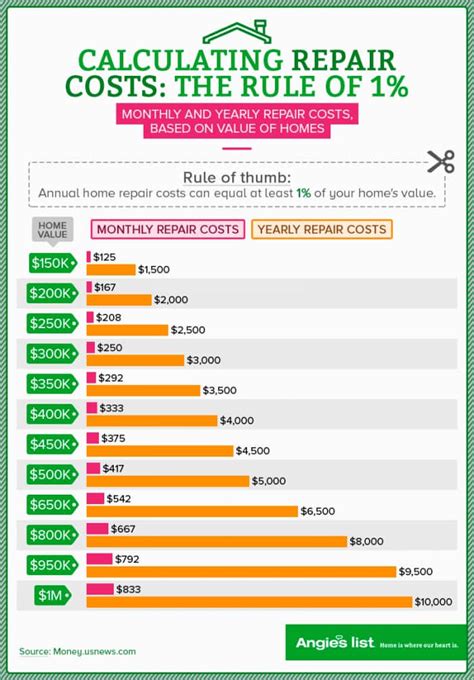
If your camera lens can be repaired, consider the cost of repair. Camera lens repairs can be costly, and it may not make financial sense to repair a lens that’s worth less than the repair cost. It’s best to replace the lens in such a case, especially if it’s an old or outdated model, considering the likelihood of future repairs.
3. Outdated Model
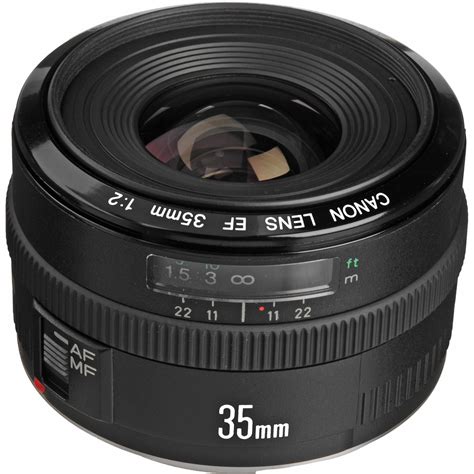
Camera manufacturers release new models regularly, and older models gradually become outdated. If your camera lens is an outdated model, it may become harder or impossible to find parts for the repair if it needs to be replaced. It’s best to replace the lens with a newer model that has better technology and more features to keep up with photographic trends.
4. Wear and Tear
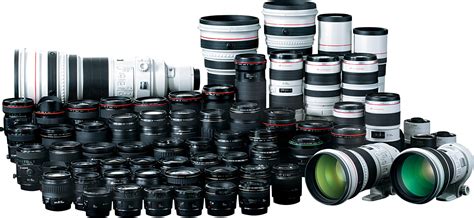
Camera lens has a lifespan, and it may get scratches or wear and tear over time. If your camera lens’s wear and tear are severe, it’s best to replace it. Repairing an old, worn-out lens will only fix the immediate problem, and it may break or wear out again shortly. Replacing the lens with a newer model is the best choice as it will give you higher quality pictures and last longer.
5. End of Life

Camera lenses have a definite lifespan, and eventually, they have to be replaced. When the lens reaches the end of its life, it’s better to replace it instead of repairing it. After years of use, any lens will show a decline in image quality. So, investing in a new lens is a beneficial move in the long run, especially if you want quality photos.
It’s essential to assess the situation and decide whether to replace or repair your camera lens. While repairing may be the better option in some circumstances, replacing your lens may be the best option in others. And, replacing the lens with a better, more modern model will always bring the best photographic results.
